What are the taboos of green vegetables?
There are some foods that should be avoided when combined with green vegetables to avoid unwanted effects:
Milk: Milk contains calcium, which can reduce the absorption of iron from broccoli. So, if you want to optimize the absorption of iron from broccoli, you should avoid eating it with milk.
Nuts that contain phytate: Nuts such as beans, peanuts, and walnuts are high in phytate, a substance that can reduce the absorption of minerals like iron and zinc from green vegetables.

Green vegetables are often added to some daily diets. However, not everyone should use this vegetable.
High oxalate foods: Foods such as tomatoes, celery, and beets are high in oxalates, which can inhibit the absorption of calcium from green vegetables.
However, combining these foods does not completely block the absorption of nutrients from broccoli, but it can reduce some of the nutrients you can absorb. If you need to optimize the absorption of nutrients from broccoli, consider the appropriate combination and time of eating.
People with this disease should not eat green vegetables.
People with kidney disease
Green vegetables have a fairly high concentration of potassium. Therefore, people with kidney disease often have problems regulating potassium levels in the body, because damaged kidneys cannot remove potassium as effectively as normal. Eating too much green vegetables can increase potassium levels in the blood.
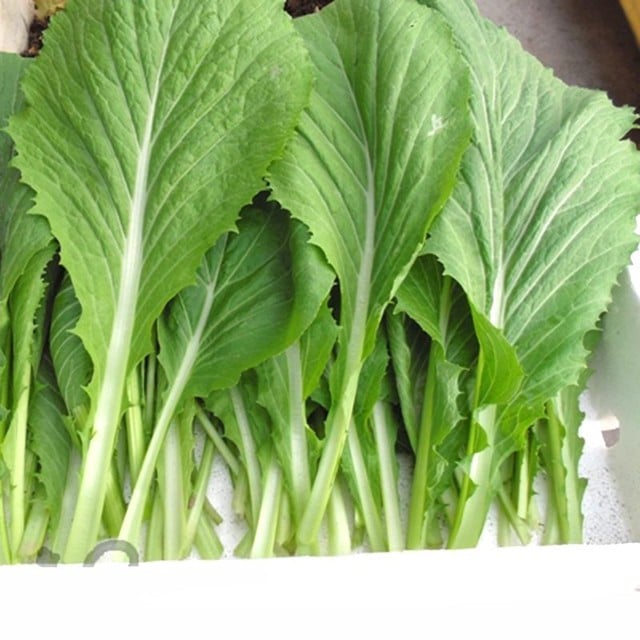
Eating too many green vegetables can increase blood potassium levels.
Not only that, green vegetables also contain a certain amount of phosphorus. And eating too much green vegetables can be harmful to the health of people with kidney disease because phosphorus is difficult to excrete through the kidneys when the kidneys are damaged.
People with thyroid
People with thyroid disease should not eat too much broccoli because it can affect the absorption of iodine, causing problems related to thyroid function. In particular, broccoli contains a type of compound called goitrogen, which can reduce the ability of the thyroid gland to absorb iodine, a necessary component to produce thyroid hormones, such as thyroxine and triiodothyronine.
However, not all people with thyroid disease react negatively to goitrogens from broccoli. Eating broccoli in moderation and combining it with iodine-rich foods, such as fish, shrimp, and seaweed, can help minimize the negative effects of goitrogens on thyroid function.
People with gastrointestinal inflammation
Broccoli may contain the compounds sulforaphane and raffinose, which can irritate the stomach and increase gas production. This can increase discomfort and increase the risk of irritating stomach or duodenal ulcers.

Broccoli may contain the compounds sulforaphane and raffinose, which can irritate the stomach and increase gas production.
Additionally, some green vegetables that are high in oxalates, such as spinach, can form oxalate crystals in the body.
This can increase your risk of developing kidney stones or worsening urinary tract health problems. If you want to include collard greens in your diet, try one variety at a time and see how your body reacts.
Pregnant women
Broccoli contains goitrogen compounds, such as thiocyanates and glucosinolates. These substances can affect the thyroid function of both mother and fetus.
Source: https://giadinh.suckhoedoisong.vn/rau-cai-xanh-ky-gi-nhung-nguoi-sau-khong-nen-an-cai-xanh-172251119210343511.htm








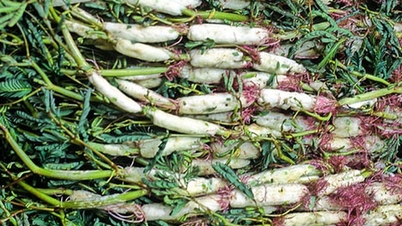




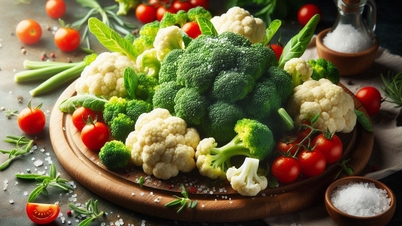

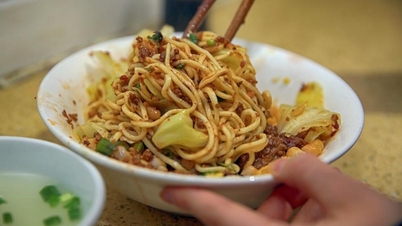




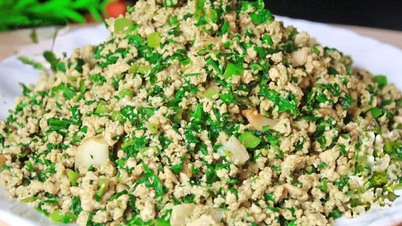

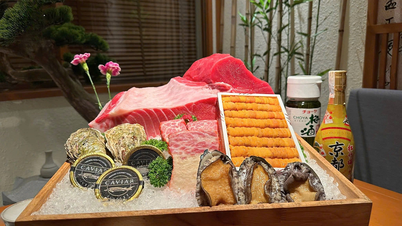

























































































Comment (0)